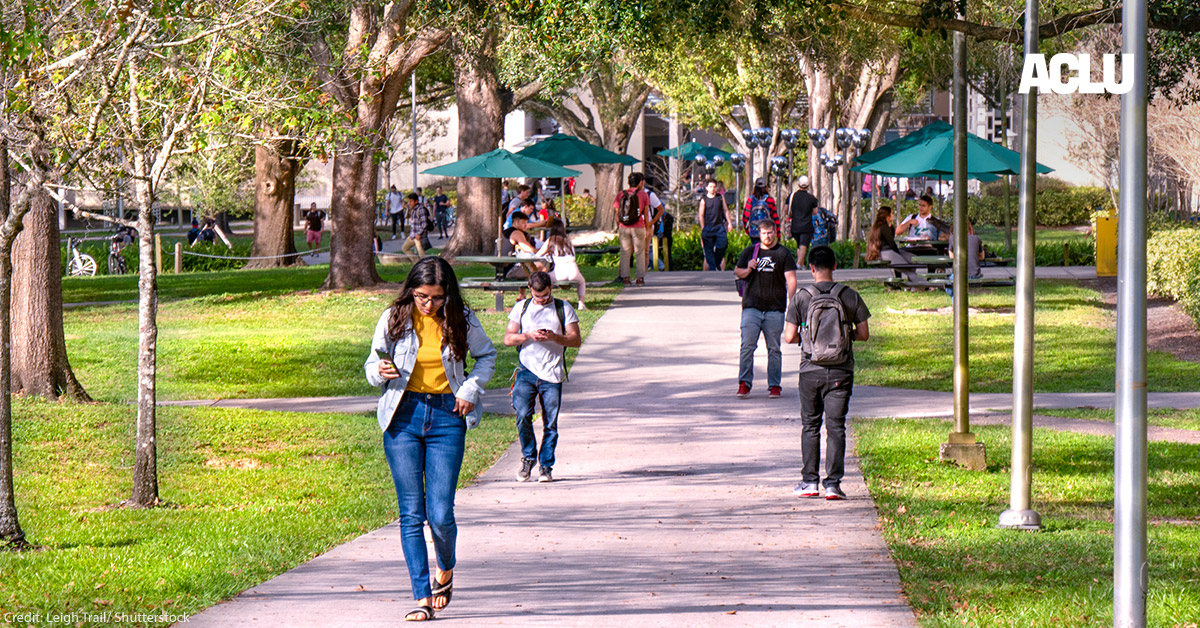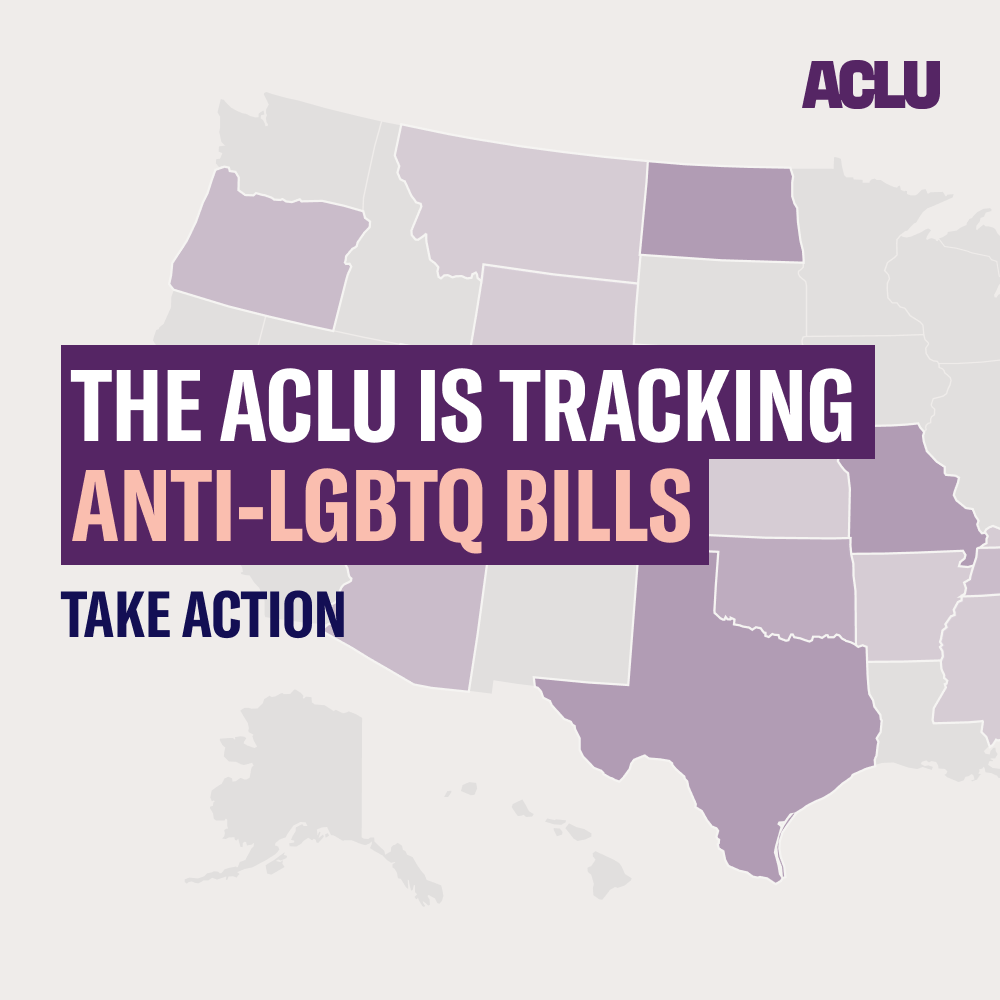
State legislation is crucially connected to our civil liberties, and can either expand our rights or chip away at them. These bills touch nearly every aspect of our lives. From Roe v. Wade and the Dobbs case that overturned the right to an abortion, to Loving v. Virginia, which struck down laws banning interracial marriage, and Obergefell v. Hodges, which recognized marriage equality across the country — many Supreme Court cases that address all of our civil rights come from laws that were passed in state legislatures.
With an increasingly conservative Supreme Court and federal court system, as well as a Congress whose members are constantly in gridlock, state legislatures offer a more accessible way to enact meaningful change. State lawmakers are easier to contact regarding policies that should be passed, and also frequently go on to run for federal office, or become governors. What’s more, state actions can lead to national impact if many similar policies are passed around the country, signaling national trends.
With many state legislative sessions currently underway, learn more about this important political process, how it affects your rights, and how to get involved.
What Are State Legislative Sessions?
Each state has its own legislative body in which lawmakers work together to pass policies — just like Congress does at the federal level. Every state except for Nebraska has a legislature composed of two chambers, or a bicameral legislature — which must work together to get a majority of favorable votes and pass bills in both chambers. While the exact names and powers of these entities depend on the specific states, once a bill is passed, it will be sent to the governor to be signed into law or may face a veto.
Most state legislatures are made up of lawmakers who meet to pass laws during legislative sessions each year. If circumstances arise that require lawmakers to address legislation outside of these regular sessions, a special session can be called. There are also several states with full-time legislatures whose lawmakers meet year-round. Lawmakers often engage in this work part time, and are often not adequately paid.
When Are State Legislative Sessions Held?
The length and timing of state legislative sessions differ from state to state. Some legislatures are in session for many months, while others only take a few. The sessions that aren’t full time usually take place in the first half of the year, traditionally beginning in January.
How Do They Impact Our Rights?
The laws that are passed during state legislative sessions run the gamut and can affect a number of constituents’ rights, including reproductive freedom, voting protections, access to gender-affirming care, and others. But this influence goes both ways. Presumably, the prospective laws should reflect the majority opinions of individuals in the state, with lawmakers acting as advocates for these interests. Many bills and policies that make it to state legislatures are promoted by advocacy organizations or interest groups who work with lawmakers to get them passed. The ACLU is among these entities, and is the only organization focusing on civil rights and civil liberties that has an office with staff in every state, working with local policymakers.
What To Watch As Sessions Are Underway
There are many decisions happening in states around the country that put our rights in the balance. Without the federal protections from Roe v. Wade, many lawmakers are attacking abortion rights at the state level. There has also been a surge of state laws introduced that block trans youth from receiving gender-affirming care, censor student free speech, and suppress people’s voting powers.
But the ACLU will never stop fighting for your rights. We have taken on countless state-level legal battles to protect people’s liberties — and have seen many victories along the way.
How Do I Engage/Get Involved in the Process?
The ACLU always encourages our community to play a hands-on role in the fight for our freedoms. Across the country, we implement strategies that empower voters around the country to stay informed about local races and elect candidates whose interests align with theirs. We’re also mapping state-level attacks on LGBTQ rights so you can keep track of your own area’s legislation — and fight back accordingly.
Supporters can get in touch with the ACLU affiliate offices in their state to learn about local issues they are taking action on. Many affiliate websites offer primers on state legislatures. Our grassroots effort People Power also allows volunteers to engage with state-level actions in their area.
To learn about your state’s legislature, identify the lawmakers who represent you and what their stances are on the issues you care about most. State lawmakers and governors will usually highlight the issues they care about, and the legislative work they’ve done, wherever they are able. With most state legislative sessions underway right now, you can also keep track of policies that are being voted on. This will let you know your legislature’s priorities and if your lawmakers are fulfilling their campaign promises to constituents. Remember, the key players involved in the legislative process are voted into office by you. You have the power in numbers to elect or replace representatives based on whether they are advocating for your interests.


Comments
Post a Comment